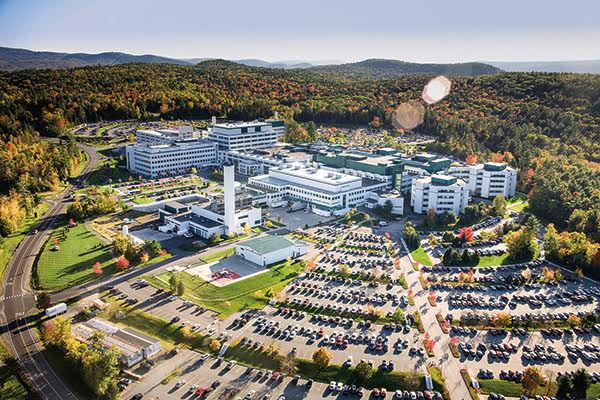
A recently published methodology paper (Alonso et al, 2015, “GWAS and NGS in bone research”) summarizes the key standard workflows in GWA studies, highlighting essential differences to analyses based on NGS-derived data. The methodology review is based on years of work and experience with diverse sample panels, and different SNP and NGS data production platforms. The key aspects in GWA studies are, according to the authors, the initial quality control of the SNP data, an increase of power using imputation methods across different sample panels and the validation of results using independent sets of samples.
The review utilized BC Platforms’ BC|SNPmax system imputation workflows to standardize the key elements in achieving high-power GWAS data. BC|SNPmax provided a combination of different workflows from prephasing of data to final association analyses, employing publicly available analysis algorithms. The imputation steps were parallelized based on data structure for efficient use of calculation resources.
The key reasons to use BC|SNPmax in imputation of SNP data were “its efficiency, reliability, and user-friendly interface”, according to the first author Dr Nerea Alonso from University of Edinburgh. “BC|SNPmax constitutes a cutting-edge software to perform robust imputation using both HapMap and 1000G reference panels. Large genotyped datasets can be easily uploaded, and imputation parameters are clearly stated to be straight forward adapted to researcher’s needs. Its simple and intuitive management can, by far, make it the imputation software of choice, not only for bioinformaticians, but also for researchers with a more biological background”, says Dr Alonso.
“The BoneyKey paper illustrates nicely the various QC and interpretation issues in both GWAS and NGS data, issues that we have to pay close attention to in our workflows”, commented Dr Anni Ahonen-Bishopp, Director of R&D from BC Platforms. “It has been interesting to follow how this project has used our software to standardize a crucial part of modern GWAS.”
BC Platforms continue to develop their GWAS and NGS data QC and analysis workflows constantly. As the NGS analyses are becoming more common, the research community will establish recommendations and standards suitable for NGS data in association studies, which are currently largely lacking. The company closely follows the current recommendations and applies its own innovative methods to boost the efficiency and quality in association analyses.


